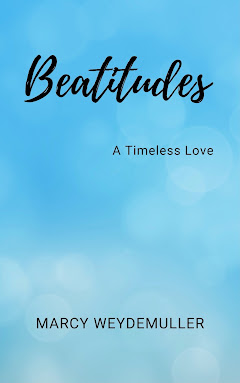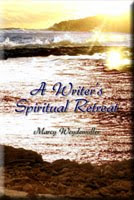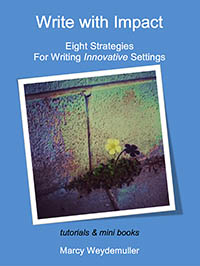Welcome to my sowing light seeds blog. Through this blog I hope to share some of the insights and questions I've struggled to understand and hope you will share some of yours too. My glimpses for my writing and for my own daily choices most often come through reading and stories. It's there I can identify with the conflicts and decisions characters make, whether real or fictional.
Paul encourages believers to, "lay aside the old self...and put on the new self." (Ephesians 4:22-23) The question then becomes how. It continues to surprise me how much relevance for today I find in the scripture stories. Lives are always changing.
One of the most historical journeys is found in the Book of Exodus, and my question became: what exactly gave them the courage to leave Egypt behind and step out in faith toward a new beginning? How can their experiences impact us?
I hope these reflective meditations help you to discover your own mix of prose, poetry, questions and journal insights.
Leaving Egypt Behind
by Marcy Weydemuller
Scripture: Exodus 1:1, (And) "These are the names of the sons of..."
Sometimes in our splintered life-styles we find it difficult to feel a part of anything. Pieces of ourselves become scattered throughout fragmented days until we question who or what we are. Yet each of us is part of a heritage: physical in our families, or spiritual through our churches, or cultural in our languages. We are a connection between past and future whether the link is tenuous, due to an empty sense of belonging, or full to overflowing, we are a piece of a whole. What can or will we pass on? How do we stand in the present?
Israel arrived in Egypt as a family of seventy and there they multiplied exceedingly. Not that the conditions were good. The setting was harsh, the labor bitter. The more they increased the more the Egyptians grew afraid and retaliated with severity. No longer did the Israelites bask in the honor given to Joseph. Joseph was forgotten and the Israelites dreaded.
Separated from their country, separated from self-esteem, separated-many believed-from God. So they cried in despair and removed hope from their children. Seethed in anger and frustration at captivity.
In whose footsteps am I following, Lord? How am I handling my circumstances now? What attitude do I portray? Is there room for growth or am I too busy fighting, arguing and fearing like the Egyptians and Israel that I'm building walls against You? "do not lose heart...for the things which are seen are temporal, but the things which are not seen are eternal." You encourage us to look beyond our present. To pass on hope.
Lord, please keep me willing to allow Your spiritual unseen growth to take root in my situations. Help me to use affliction as an opportunity to meet other's needs and to provide understanding and encouragement so that together our pieces become centered in You.
Psalm of Worship: Psalm 1:3
And he will be like a tree firmly planted by streams of water,
Which yields its fruit in its season,
And its leaf does not wither;
And in whatever he does, he prospers.









